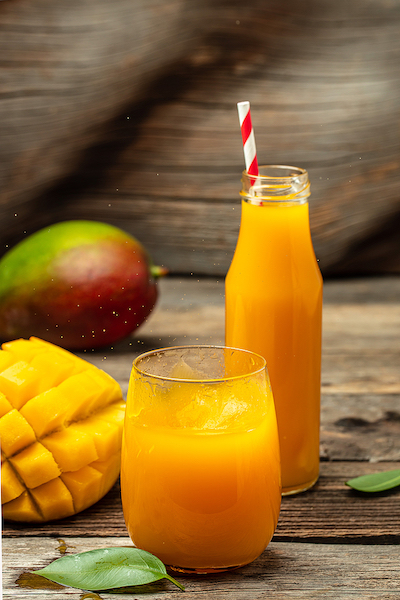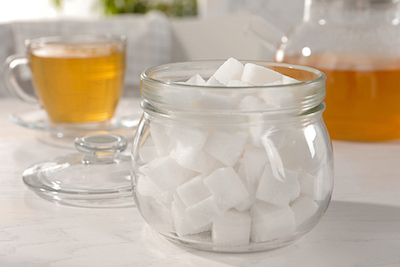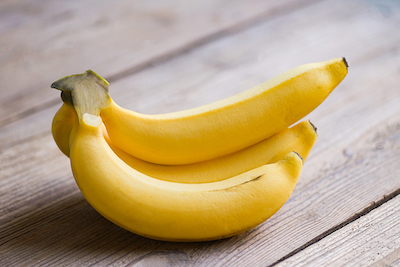Fruit juices and fruit drinks are popular beverages consumed by millions of people worldwide. While both are made from fruits, they differ in several aspects, including their ingredients, nutritional values, and manufacturing processes. In this article, we will delve into the key differences between fruit juice and fruit drink.
Ingredients
The main difference between fruit juice and fruit drink lies in their ingredients. Fruit juice is made purely from fruit juice, while fruit drinks are made from fruit juice concentrates, water, sweeteners, and sometimes additional flavors. In other words, fruit juice is 100% juice with no added water, sugar, or other ingredients, while fruit drinks contain a variety of additives.
Nutritional Values
Fruit juices are generally considered more nutritious than fruit drinks. Fruit juices contain a higher concentration of vitamins, minerals, and antioxidants, as they are made solely from the fruit itself. They are also low in calories, with no added sugars or preservatives. On the other hand, fruit drinks contain fewer nutrients and more added sugars, which can contribute to weight gain and other health problems.
Manufacturing Process
Fruit juices and fruit drinks also differ in their manufacturing processes. Fruit juices are typically made by squeezing fresh fruit and extracting its juice. The juice is then pasteurized to eliminate any bacteria, packaged, and distributed. In contrast, fruit drinks are made by adding water to fruit juice concentrates, which are highly processed and stripped of some of their original nutrients during the manufacturing process.
Flavor and Texture
Another key difference between fruit juices and fruit drinks is their flavor and texture. Fruit juices tend to have a more natural, authentic taste and texture because they are made purely from fruit juice. Fruit drinks, on the other hand, may contain artificial flavors, colors, and sweeteners that give them a distinct taste and texture that is not found in natural fruit.
Labeling
In the United States, the FDA regulates the labeling of fruit juices and fruit drinks. Fruit juice labels must indicate the percentage of juice that the product contains. For example, a label that reads “100% orange juice” indicates that the product is made entirely from orange juice. Fruit drinks, on the other hand, are not required to list the percentage of juice on the label. Instead, they may use terms like “juice cocktail” or “juice drink” to describe their product.
The Bottom Line
Fruit juice and fruit drinks are two different types of beverages that have unique characteristics. Fruit juice is made from 100% fruit juice and is typically more nutritious and flavorful than fruit drinks. Fruit drinks are made from fruit juice concentrates and often contain added sugars and flavors. When choosing between the two, it is important to read the label and choose the product that best fits your nutritional needs and preferences.














